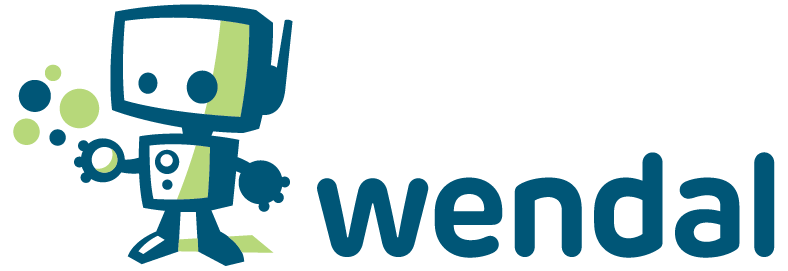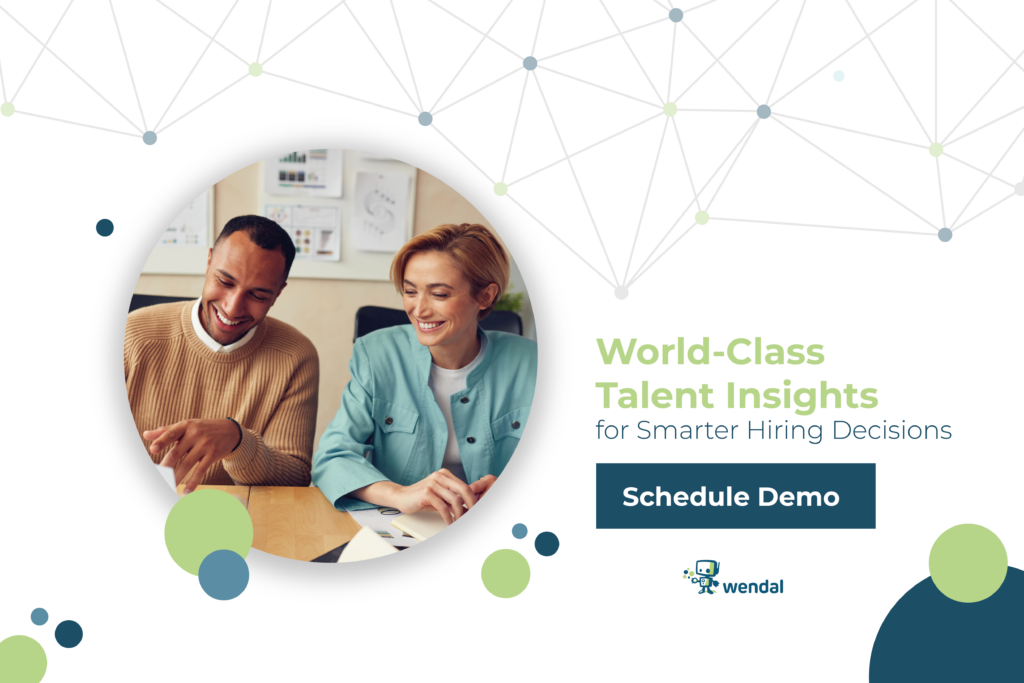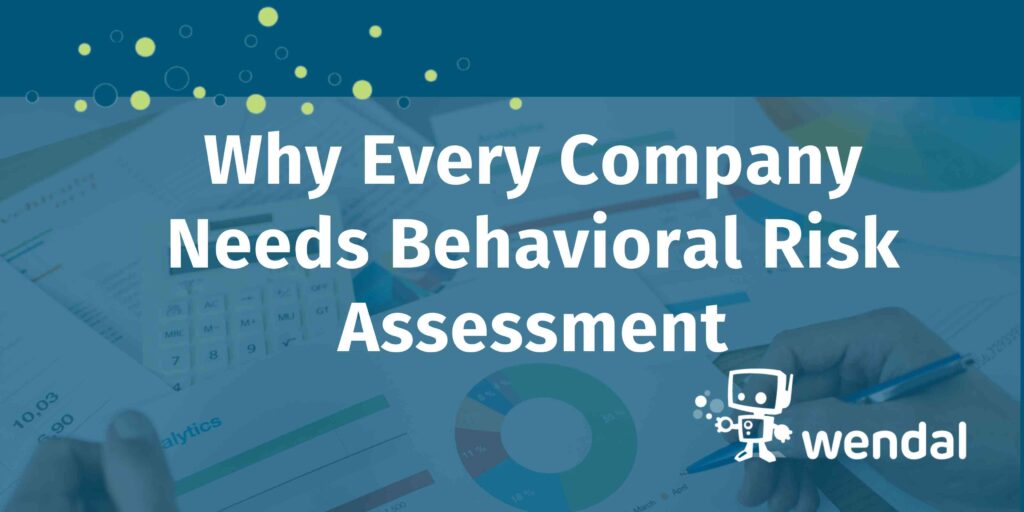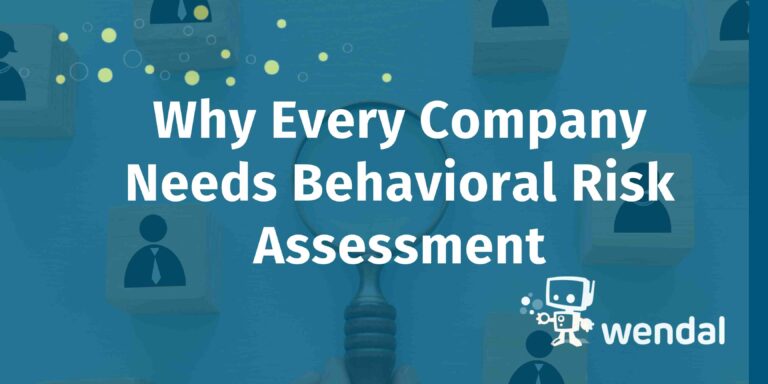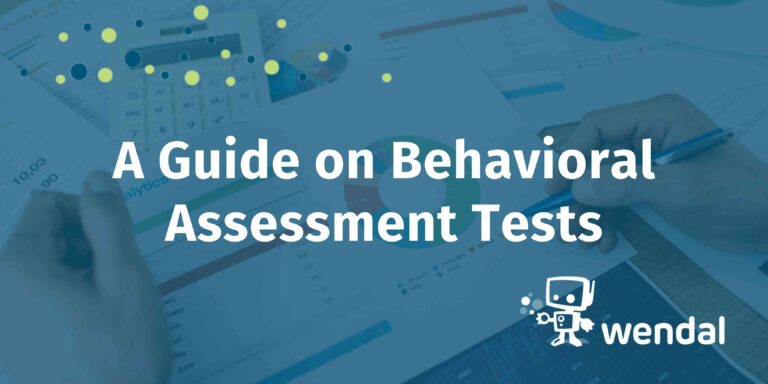Talent Management Assessment Tools
Talent management assessment tools have become an indispensable part of the recruitment process for companies looking to make the right hires. These tools enable organizations to accurately evaluate candidates beyond just their resumes, and provide predictive insights into how well they are likely to perform in a given role. With recruitment being a costly and time-consuming affair, talent assessments enable companies to streamline their hiring and get it right the first time.
According to a survey conducted by the Society for Human Resource Management (SHRM), over 80% of organizations now rely on various pre-employment tests and assessment tools to screen and evaluate potential candidates. This shift towards talent assessments stems from their proven ability to filter candidates more efficiently, reduce employee turnover, and hire the best fit talent. Studies indicate that scientific talent selection methods using validated assessment tools result in 50% higher sales productivity and 38% increased profitability. With such compelling statistics, it’s no surprise that talent assessments have become indispensable for recruitment success.
Importance of Talent Assessment Tools
Some of the key reasons why talent assessment tools have gained immense importance in hiring decisions are:
- They provide an objective, data-driven way to assess candidates beyond just resumes and interviews. This minimizes personal bias in hiring decisions.
- They accurately predict job performance by testing both hard and soft skills. This allows companies to identify the right cultural fit.
- They help companies address skill gaps proactively. Assessment data aids in planning training needs.
- They significantly reduce employee turnover rates and improve retention.
- They enable faster, more efficient screening and identification of best-fit candidates.
With the numerous benefits talent assessments provide, organizations are now investing heavily in incorporating them into their talent acquisition strategy. The right assessments coupled with competent analytics allow companies to build high-performing teams and gain a competitive edge.
Benefits of Talent Assessment Tools
Talent assessment tools provide several key benefits for recruiters and hiring managers:
Efficiency in the Screening Process
One of the biggest advantages of talent assessment tools is how they streamline the screening and shortlisting process. Rather than manually reviewing hundreds of applications and resumes, recruiters can use validated and predictive assessments to filter candidates. This saves a tremendous amount of time and effort.
Assessments immediately identify both high and low performers based on their test results. Recruiters don’t need to waste time interviewing unqualified applicants. They can focus on the top-scoring candidates with the best potential.
Accurate Skills and Potential Measurement
Going beyond resumes, talent assessments provide a detailed evaluation of both hard and soft skills. They objectively measure capabilities rather than relying on self-reported credentials.
Cognitive ability tests assess problem-solving skills, learning potential, and ability to process new information. Personality tests evaluate soft skills like communication, collaboration, and emotional intelligence. Custom role-fit assessments benchmark candidates against the specific needs of the job.
This skills mapping allows recruiters to determine not just what candidates have done, but what they can do. It predicts on-the-job performance and success much more accurately than interviews alone.
Employee Development Strategy
While often used for hiring, talent assessments also provide value for employee training and development. Leadership skills assessments can identify managers with room for growth. Employees can take targeted tests to improve existing capabilities.
Assessment data aids succession planning by matching high potentials with development opportunities. Rather than subjective opinion, organizations have objective benchmarks to base promotion and career advancement decisions.
Ongoing use of talent assessments transforms recruitment into a data-driven process. Organizations gain quantifiable insights into their people that support strategic workforce planning.
Top Talent Assessment Tools
Cognitive Ability Tests
Cognitive ability tests measure thinking skills and aptitude. They assess how well candidates can solve problems, digest and apply information, learn new skills, and deal with abstract concepts.
Key Features
- Evaluate general mental ability, such as verbal, numerical, and logical reasoning skills.
- Often have strict time limits.
- Use multiple-choice, true/false, and written response formats.
Advantages
- Strong predictor of job performance across various roles.
- Helps identify high-potential candidates.
- Results are standardized and quantitative for easy analysis.
Disadvantages
- May exhibit cultural or socioeconomic bias.
- Expensive to design and administer properly.
- Must be proctored to prevent cheating.
Personality Tests
Personality tests assess behavioral traits, motivations, attitude, interests, and other personal characteristics. They help determine culture fit and uncover innate strengths or weaknesses.
Key Features
- Wide range available based on different models of personality traits.
- Candidates self-report based on questionnaire items.
- Provide qualitative insight into work styles.
Advantages
- Highlights suitability for roles requiring strong interpersonal skills.
- Useful for assessing leadership, teamwork, sales, customer service roles.
- Helps predict employee satisfaction and retention.
Disadvantages
- Prone to applicant faking or responding desirably.
- Not effective as a standalone assessment.
- May exhibit gender or cultural bias.
Emotional Intelligence Tests
Emotional intelligence (EQ) tests measure the ability to understand, perceive, and manage emotions and relationships. High EQ is invaluable for roles requiring strong situational judgment, empathy, influence, and collaboration.
Key Features
- Assess self-awareness, social skills, empathy, motivation, and self-regulation.
- Involve hypothetical scenarios and self-reporting inventories.
- Provide qualitative insight into emotional competencies.
Advantages
- Predicts performance in high-touch roles better than IQ alone.
- Identifies resilience, leadership potential, and culture fit.
- Development opportunities can be identified.
Disadvantages
- Subjective and susceptible to faking.
- Not suitable as the only assessment.
- Usually more time-consuming to complete.
How to Choose the Right Talent Assessment Tool
Choosing the right talent assessment tool for your organization requires careful consideration of several factors. Here is a checklist of criteria to evaluate when selecting an assessment:
Criteria Checklist
- Validated and reliable: The assessment should have statistically validated questions that reliably measure skills and traits predictive of job success. Look for tests developed by industrial-organizational psychologists.
- Legally compliant: Assessments must comply with EEOC hiring guidelines and ADA accommodations. Avoid tests that could introduce adverse impact or discrimination.
- Job-relevant: Ensure the skills and competencies measured by the test directly relate to your open position(s). Customizable assessments tailored to your needs are ideal.
- User-friendly interface: Candidates and hiring managers should find the assessment simple and straightforward to complete. Minimal training requirements are preferable.
- Custom reporting: Look for talent assessments that provide customized reports summarizing candidate strengths, development areas, interview questions, and more.
- Cost-effective: Evaluate the price structure carefully relative to your hiring volume. Some vendors charge per applicant tested while others allow unlimited use.
Other Factors to Consider
- Cultural fit: Assessments measuring company values and work styles can forecast candidate alignment with your corporate culture.
- Security: Data encryption, access controls, and compliance certifications (SOC 2, ISO) are essential for any talent assessment platform you choose.
- Implementation process: The vendor should provide support during implementation including test integration, training, and result interpretation.
- Customer service: Look for providers with responsive technical support and expert guidance on how to optimize their assessment tool.
By carefully weighing these criteria against your specific business needs, you can select a talent assessment that will enhance your recruiting process and support better hiring decisions.
Cost
When looking into talent assessment tools, pricing and budget considerations are extremely important. The pricing model can vary greatly depending on the provider and features of the assessment platform. Generally, costs are determined by a few key factors:
- Per-assessment pricing: Many platforms charge on a per-assessment basis, ranging anywhere from $5-50 per test depending on length, design complexity, analytics provided, and customization. Volume discounts may apply.
- Subscription packages: Some platforms offer monthly, annual or multi-year subscriptions for unlimited use of their assessment library and tools. Packages are typically tiered based on number of users. They can range from $1,000 per year for up to 50 users, up to $5,000+ per year for unlimited users.
- Custom assessment design fees: If you require custom-designed assessments, most platforms charge additional fees, which can be upwards of $5,000+ per assessment. Some vendors provide a certain number of custom tests as part of subscriptions.
- Analytics and reporting features: Many platforms provide basic reporting, with advanced analytics and custom reporting available for an added fee. These range from $250 – $2,000 annually depending on extent of analytics.
- Integration costs: Integrating assessments with your HRIS, ATS or other internal systems may require custom work and licenses for API access. Integrations can cost $1,000+ in initial setup fees.
It’s recommended to clearly define your assessment needs and ideal budget range prior to requesting quotes and negotiating contracts. Leverage free trials to test capabilities and cost-effectiveness. Consider starting small with the core essentials, then expanding capabilities over time if value is proven.
Implementing Talent Assessment Tools
Implementing talent assessment tools requires careful planning and preparation to ensure a smooth rollout and adoption. Here are some best practices:
- Get executive buy-in first: Make a business case for talent assessments showing how they will save recruitment costs, improve quality of hire, and align with company values. Present to key leaders and get their active sponsorship.
- Select assessment types wisely: Work with HR to determine which skills, cognitive abilities, personality traits and other factors are most critical. Choose validated, reliable assessments that test for those qualities.
- Integrate with your systems: The assessments should integrate smoothly with your applicant tracking system, HRIS, and any screening software. It’s crucial to have seamless data flows.
- Train managers on using results: Educate hiring managers on how to interpret assessment reports and incorporate the data into decision making. Make sure they know how to ask effective interview questions based on the results.
- Communicate to candidates: Let applicants know they will be taking online assessments as part of the process and why. Share sample questions so they know what to expect. Address any concerns transparently.
- Start with high-value roles: Pilot talent assessments for key positions where quality of hire really impacts the business, then expand to other roles. Don’t try to assess every open req right away.
- Review implementation regularly: Track usage, candidate reactions, hiring manager feedback, and quality of hire. Tweak your talent assessment process as needed to maximize value.
With the right preparation and change management, talent assessments can transform recruiting. Follow these tips for effective implementation.
Challenges
Implementing talent assessment tools can present some challenges that organizations should be aware of:
- Perception of unfairness: If not implemented properly, talent assessments can be perceived as unfair or biased. It’s important to ensure the assessments are validated, reliable, and avoid any discrimination. Clear communication about the process is key.
- Cost: Talent assessments, especially if customized, can have significant upfront and ongoing costs. Organizations need to weigh the costs versus the benefits and potential ROI.
- Time investment: Implementing assessments takes time for selection, customization, validation, and training. This is an investment that can pay off through better hires and efficiencies, but requires effort.
- Integration with existing systems: Getting talent data into HR systems, integrating with existing applicant tracking systems, and analyzing data requires IT effort. Appropriate technical resources are needed.
- Adoption challenges: Gaining support from hiring managers and ensuring assessments are used appropriately requires change management and training. Without buy-in, the tools won’t be used effectively.
- Legal compliance: Talent assessments must comply with employment laws and avoid any unintentional discrimination. Organizations should involve legal/compliance teams and follow best practices.
- Data security: Using talent assessments means collecting and storing sensitive candidate data. Ensuring data security and privacy is paramount.
With sufficient planning and resources, organizations can mitigate these potential challenges of implementing talent assessment tools. The long-term benefits often outweigh the upfront effort required.
Conclusion
Talent assessment tools have become a critical component of the recruitment process for modern organizations. As we have explored in this guide, these tools provide immense value through their ability to screen candidates, accurately measure skills and potential, and inform employee development strategies efficiently.
The top talent assessment tools we analyzed all have unique strengths and limitations depending on the needs of your organization. Factors like cost, implementation, and feasibility of customization should be carefully evaluated before choosing the right tool for your needs.
To recap, talent assessment tools lead to informed hiring decisions, data-driven workforce planning, and more engaged and productive employees. The benefits they offer make the investment worthwhile for most organizations.
If you are looking to leverage talent assessments, now is the time to act. Try out some of the tools mentioned in a free trial to experience the capabilities firsthand. For a customized recommendation or to learn more, don’t hesitate to contact our team of experts. We are ready to partner with you to transform your hiring and talent management process.
